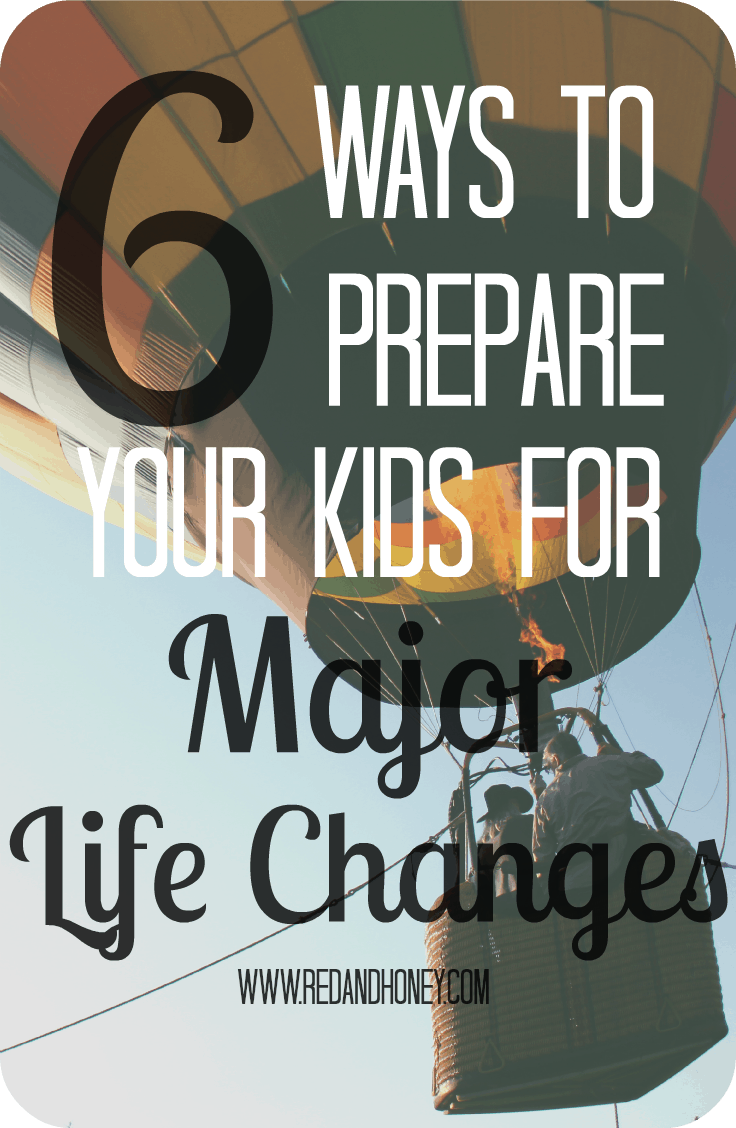
Post by contributor Erin Long of Home and Grace
[A note from Beth: I am really grateful to Erin for writing on major life changes this month. If you’re a regular around here, you know that my family just moved into our new house this past weekend, so we are in the thick of all of this transition stuff. I think our kids have settled in remarkably well, and I totally credit some of these ideas that Erin outlines here. Good, good stuff here. xoxo. B.]
It’s well known that kids need routine and predictability. They behave better when they know what is happening now, what is coming up next and they understand what is expected of them.
But what about when everything changes? What about when their routines are altered?
In September my husband, two kids and I are moving to Macedonia. Ryan and I have moved internationally three times already, twice with kids in tow, so we have a pretty good idea of how to handle the challenges we’re going to face. But when we moved before our kids were babies and while there were adjustment periods, they were minor. They’re 3 and 1½ now so we need to prepare them for the change and help them understand their new life when we arrive. We need to help our kids make this major life change.
Even if you’re not moving your kids to a foreign country, every change has the capability to cause your child distress.
Whether it’s moving to a new house in the same city, potty training or the arrival of a sibling there are some simple steps we as parents can take to help make the transition a gentle one.
1. Do your homework
The more you know about what to expect and how to help your child transition, the better. Read up on potty training methods, find out about activities in your new city, know what behaviors your child is likely to exhibit. If you’re already an ‘expert’ in the area you’re helping your child transition to, it will give him confidence and help you proactively respond to negative behaviors.
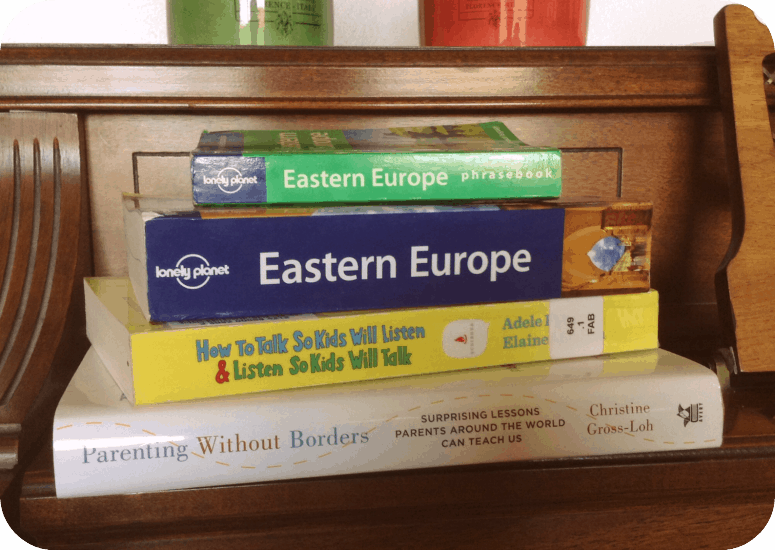
2. Only one transition at a time
As much as you can, limit the number of changes your child goes through at one time. It can be too much for a child to transition to a ‘big kid’ bed and get a new sibling at the same time. Try to space the changes out over time and don’t rush your child to progress more quickly than she’s ready to – let her dictate the pace.
3. Get your kids excited
Making the change seem as exciting as possible will help your child understand that though the change might be hard or scary, there are positives. Focusing on the bright side will give your child the right perspective and help her optimistically interpret what’s happening. Even if there are setbacks or difficulties, it’ll be easier to get back to a good place if you started there.
4. Give your kids as much information as you can
Tell your child as much as she will understand about what’s happening and what to expect. If he has an idea about what life will be like during and after the change, it could provide some sense of normalcy and not completely rock her little world. It could be detailing what life will be like with a new baby or when dad’s away for a long time. Or visiting a new school before the first day. Anything to make a new situation familiar will be helpful.
5. Set reasonable expectations
While some kids do handle change well, it can take some a while before they’re fully comfortable with the new situation. When starting out, don’t expect everything to go smoothly or quickly. If it does, great! Enjoy it. But know that there will probably be regression and bumps along the way. Have grace for your child and yourself, especially if you’re teaching a new skill, like reading, for the first time. You’re on a steep learning curve, too!
6. Take time to listen and connect
It can be easy to minimize kids’ experiences in light of what we’re going through as adults but it’s important to recognize that even small changes can be big in a child’s life. Taking time to really listen to your child and understand what she’s thinking and feeling will give you invaluable insight on how to best support her. It could make all the difference in the world.
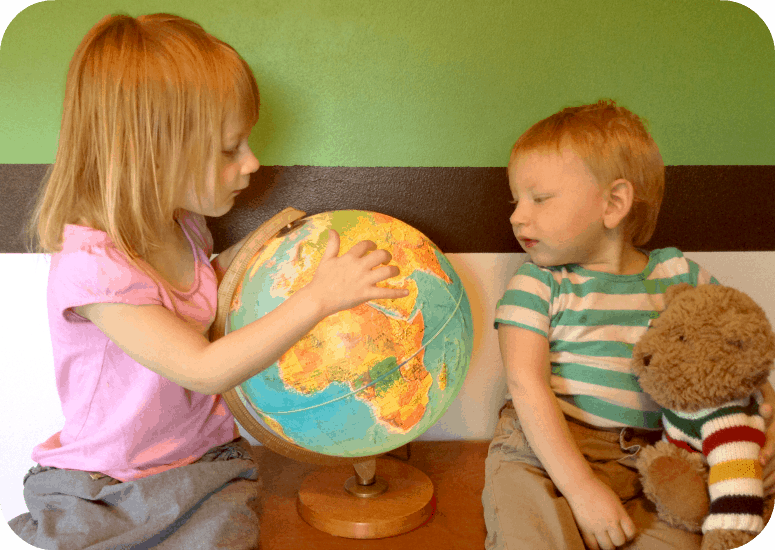
Real life application is the hard part, isn’t it? So here’s how I’m going to take my own advice:
- Read as much as I can about raising third culture kids – also talk to friends and family who are raising kids abroad.
- I’m going to do as much research about family activities in Skopje, the city we’re going to live in, before we go. It’ll be a relief for all of us to take the kids somewhere they’ll enjoy while we’re recovering from jet lag and unpacking.
- My son, 1 ½, is showing signs of being ready for potty training. I’m going to introduce him to the idea of peeing in a toilet before we leave but hold off full-on training until we’re completely settled into our new life.
- My daughter, Eleanor, is already super excited about the move so I don’t need to hype it much more before we go. But I do need to keep her excited after we get there. We’ll make things like going to the grocery store fun (and I’ll try not to get too stressed trying to read in the Cyrillic alphabet!) and go on scavenger hunts for playgrounds.
- I will also tell Eleanor as much as I can about what our life will be like in Macedonia; about our apartment, how the other kids won’t be able to understand her, that we’ll get to walk everywhere and we won’t have to drive a car.
- Because this transition is such a big one, I’ll need lots of grace for all of us. I know we’ll be in survival mode for a while and that’s okay.
- I know there will be plenty of tantrums and meltdowns at first so I’m going to do my best to be patient and help them understand what they’re feeling and suggest positive alternatives.
With some proactive parenting, support and lots of love kids can make transitions well. While each child is different and will respond differently to each transition, these steps can provide a baseline for making transitions gentle.

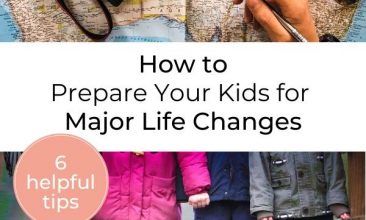
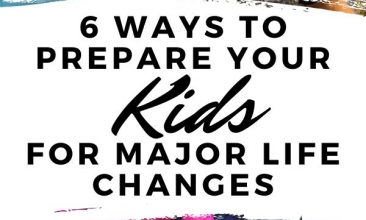

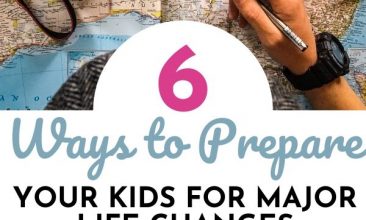

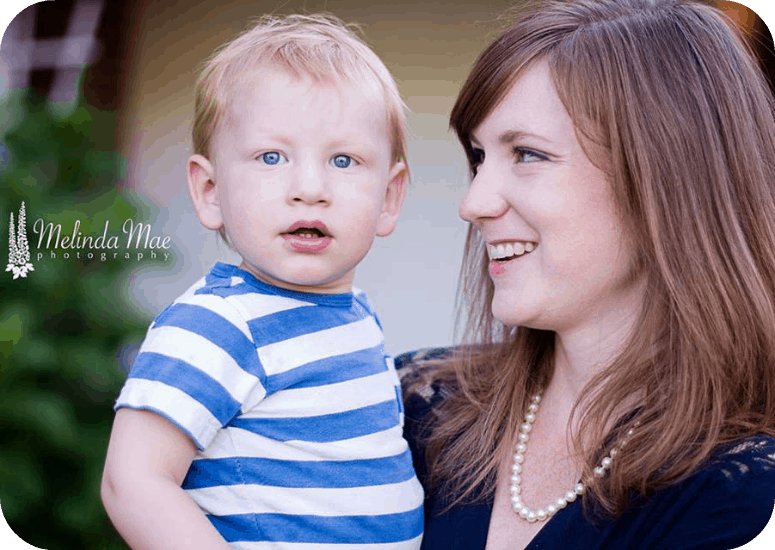



















Korene
GOD be with you and your family as you begin this new adventure. I look forward to your posts regarding the work in Macedonia.
Erin Long
Thanks, Korene! We’ve already seen God working in great ways and we look forward to more! I’m excited to be writing posts from Macedonia and I’m glad you’re looking forward to reading them!
Christie Esau
I know I say this about all of your posts, but I am 100% filing this one away for the hypothetical future wherein Graeme and I have children.
I would love to hear what you think of that book Parenting Without Borders. As I’m sure you can guess, I am always interested in less ‘traditional’ parenting books; if I’m even considering being a parent (and ESPECIALLY if I want to do so overseas), more research = more better!
Not particularly relevant to the blog post: I believe that you need to email me a copy of the Eleanor/Edward photo so I can print it out and hang it on my wall. Love these little globe trotters!
Erin Long
I LOVE Parenting Without Borders! I think I highlighted half of it. It’s a good look at how parents/schools/society in other countries handle the issues that come along with children. One thing I also really appreciate about it is the author doesn’t belittle North American parents, like in Bringing up Bebe. I highly recommend it for parents who are raising their kids abroad and at home. We can learn a lot from parents in other countries, and they can learn a lot from us!
Consider the picture emailed 🙂